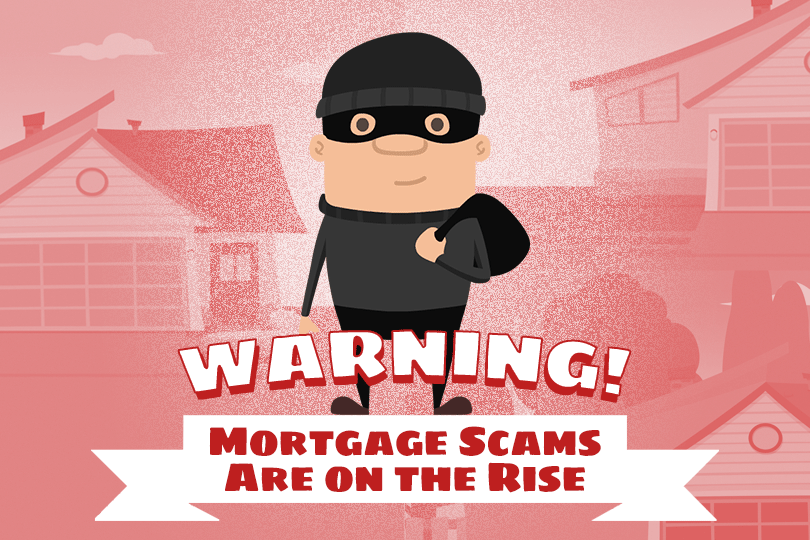When It's Time to Pay Mortgage Closing Costs, Beware of Scams

The government’s consumer watchdog agency, the Consumer Financial Protection Bureau (CFPB), warns about home loan closing scams which can include attempts to steal your personal information and/or efforts to fool potential buyers into diverting the payment of closing costs and down payment to a third party and not the financial institution the victim THINKS they are paying.
But in the same way as you rely on your lender for the loan estimate, disbursement of the loan amount, and to provide you with interest rate and origination fee information, you also want to work carefully with the lender to make sure you are paying your closing costs properly and not being taken advantage of by a hacker or con artist.
Scammers target people in the mortgage industry. A borrower may get an email or other communication that appears legitimate but asks for you to do something such as a wire transfer for your closing cost payments, down payment, discount points payments, or other aspects of the loan.
These criminals find legitimate email addresses and “spoof” them, making the email appear to be from a real address. And when you find a request in the email to make a wire transfer as part of a home purchase, you are most likely dealing with a scam. Many lenders actually warn people in their emails that you should NEVER respond to a wire transfer request that comes to you over email.
CFPB gives some very good advice. Before you meet with your seller to finalize things, and before you get ready to pay property taxes on the home you're interested in buying, have a conversation with your lender.
“Ahead of your mortgage closing, discuss in person, or by phone, the closing process and money transfer protocols with these trusted individuals (realtor, settlement agent, etc.)." CFPB adds that you should be very careful, "...about exchanging any details about your closing over email. You may want to use this opportunity to also create a code phrase, known only by these trusted parties, if you need a secure way to confirm their identities in the future.”
We'll repeat our advice from above--never obey wire transfer instructions you get in an email.
We would add to this advice that you should never call any phone numbers listed in such communications, as they may be numbers controlled by a hacker. Instead, contact the lender at the phone number you are used to calling or the main phone number listed on the bank’s official site.
Never click on links, reply to emails with personal information included, or any other action directly from the emails you receive in relation to your transaction, instead coordinate directly with your loan officer by phone.
Whether you seek a conventional loan, an FHA One-Time Close Construction mortgage, or any other type of home loan, CFPB advises,“Never follow instructions contained in an email. Verify the closing instructions, including the account name and number, with your trusted representatives either in person or by using the phone number you previously agreed to.”
Best advice? Plan on direct contact with your loan servicer before committing to the transfer of closing costs or other money. NEVER deal with any third party who advises you to withhold information or money from the lender, or to avoid dealing with or speaking to the lender.
------------------------------
RELATED VIDEOS:
Disclosures Give Transparency to Borrowers
Understanding the Purpose of Your Mortgage Down Payment
Putting Money Into Your Escrow Account

Do you know what's on your credit report?
Learn what your score means.






